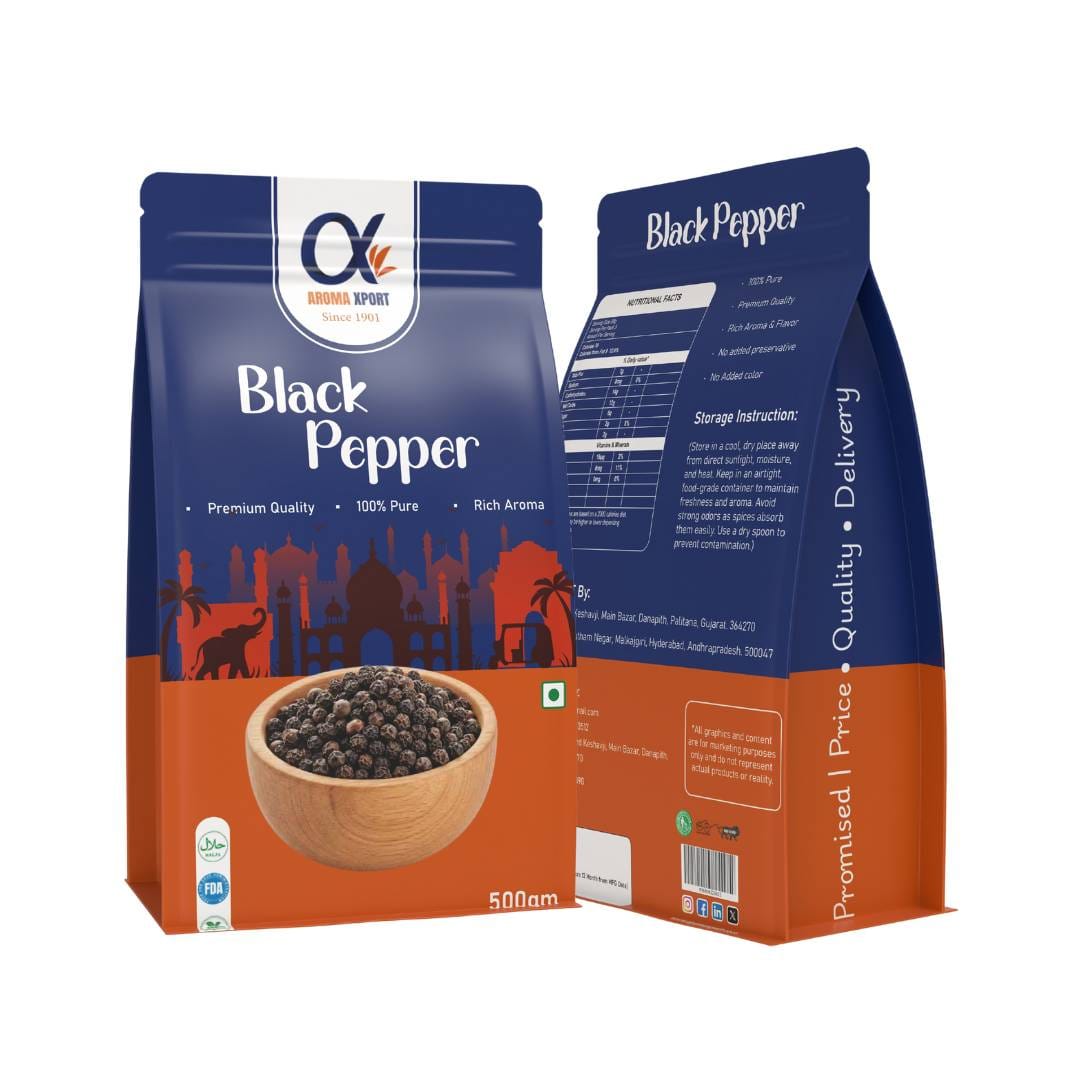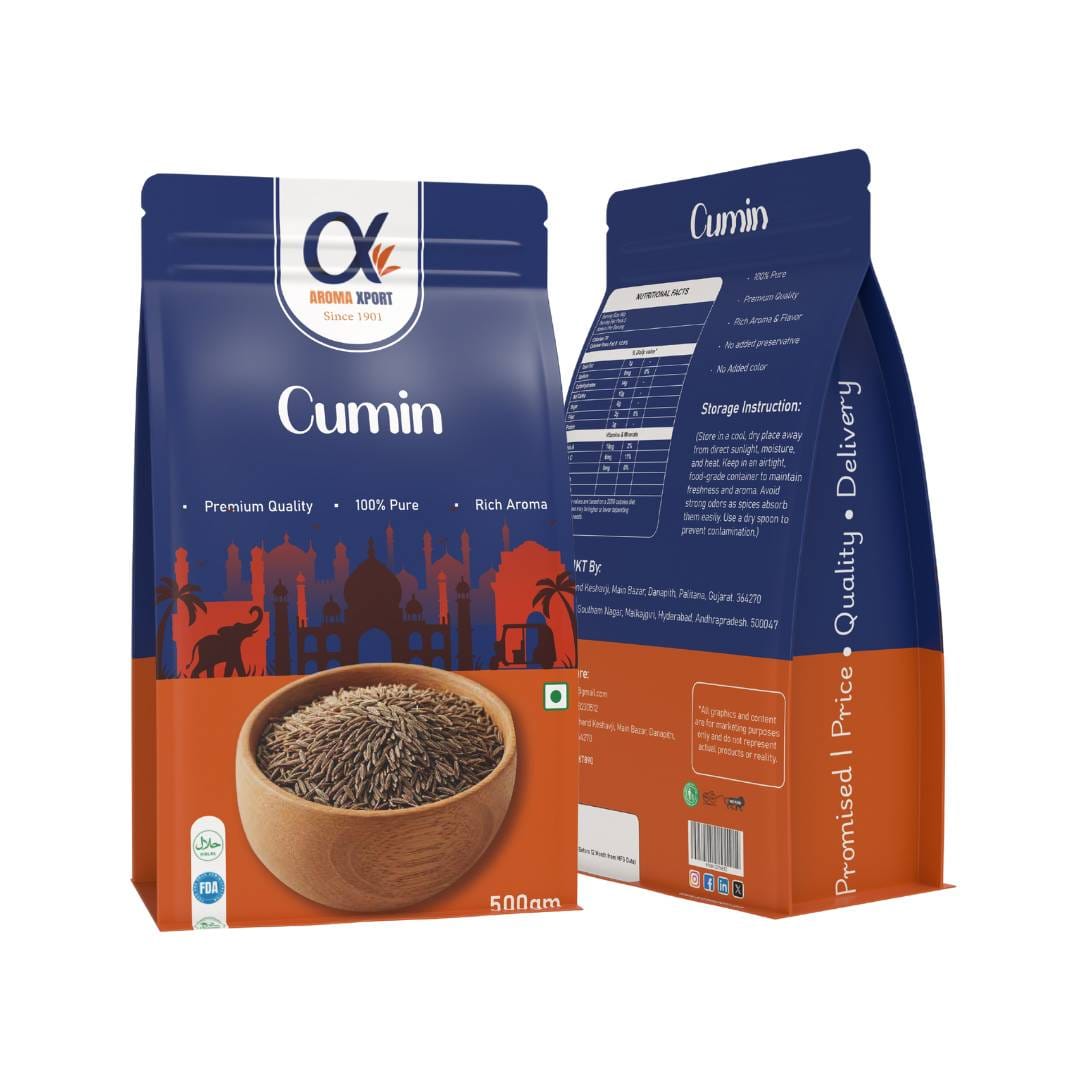Description
Use:
- Culinary: Black pepper is a fundamental spice in cooking, used to season and enhance the flavor of a wide range of dishes including meats, vegetables, soups, and sauces. It can be used whole, cracked, or ground to varying degrees of coarseness depending on the desired intensity of flavor.
- Cultural Significance: Beyond its culinary uses, black pepper has historical importance as a valuable commodity in ancient trade routes, contributing to its nickname as “black gold.”
Origin:
- Origin: Black pepper originates from the Malabar Coast of India, where it has been cultivated for over 2,000 years. Today, India remains one of the largest producers and exporters of black pepper globally, alongside other countries such as Vietnam, Indonesia, and Brazil.
Health Benefits:
- Digestive Health: Black pepper stimulates the production of digestive enzymes, aiding in digestion and alleviating digestive discomfort.
- Antioxidant Properties: It contains antioxidants like piperine, which help neutralize harmful free radicals and protect cells from damage.
- Anti-inflammatory: Piperine also exhibits anti-inflammatory properties, potentially reducing inflammation and associated health risks.
- Enhanced Nutrient Absorption: Piperine in black pepper can enhance the absorption of nutrients like vitamins and minerals from other foods.
Indian Name of Black Peppers:
- Hindi: काली मिर्च (Kali Mirch)
- Tamil: மிளகு (Milagu)
- Telugu: మిరియాలు (Miriyalu)
- Kannada: ಮೆಣಸು (Menasu)
- Malayalam: കുരുമുളക് (Kurumulaku)
- Bengali: কালো মরিচ (Kalo Morich)
- Gujarati: મરી (Mari)
- Marathi: मिरी (Miri)
- Odia: କାଳି ମରିଚ (Kali Maricha)
Foreign Name of Black Peppers:
- Spanish: pimienta negra
- French: poivre noir
- German: schwarzer Pfeffer
- Italian: pepe nero
- Portuguese: pimenta preta
- Dutch: zwarte peper
- Russian: черный перец (chernyy perets)
- Arabic: فلفل أسود (fulful aswad)
- Turkish: siyah biber







